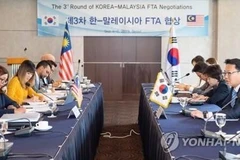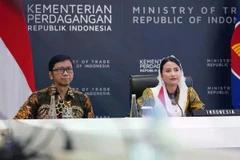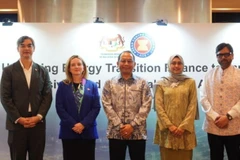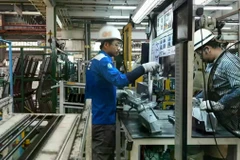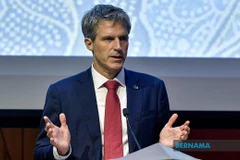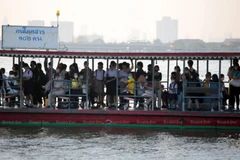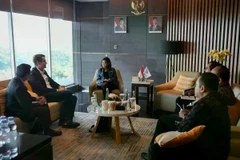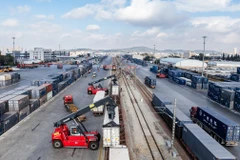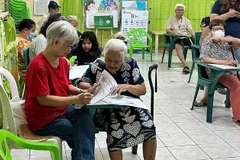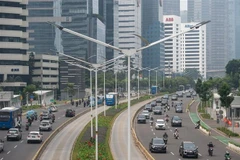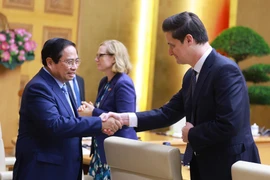Foreigninvestors are still interested in setting up manufacturing bases inThailan, the department said in a report, adding that despite the globalslowdown, more investment will flow into Asia, especially in the ASEANregion. Thailand is seen as an investment destination with a safefuture, it said.
Setting up the new firms is expected tocreate at least 219 new jobs for the Thai people. In the first ninemonths of this year, as many as 282 foreign companies were allowed toset up business in Thailand -a 12 percent increase compared with thesame period last year. These companies' initial total investment capitalworth 13.97 billion baht rose by 30 percent year on year.
Mostof the firms approved this month are related to financial services,consultancy and management for subsidiary companies. The investors aremostly from Hong Kong (China), the United States, Japan, theNetherlands, the United Kingdom, Switzerland, mainland China, theRepublic of Korea and France, according to the department.-VNA



